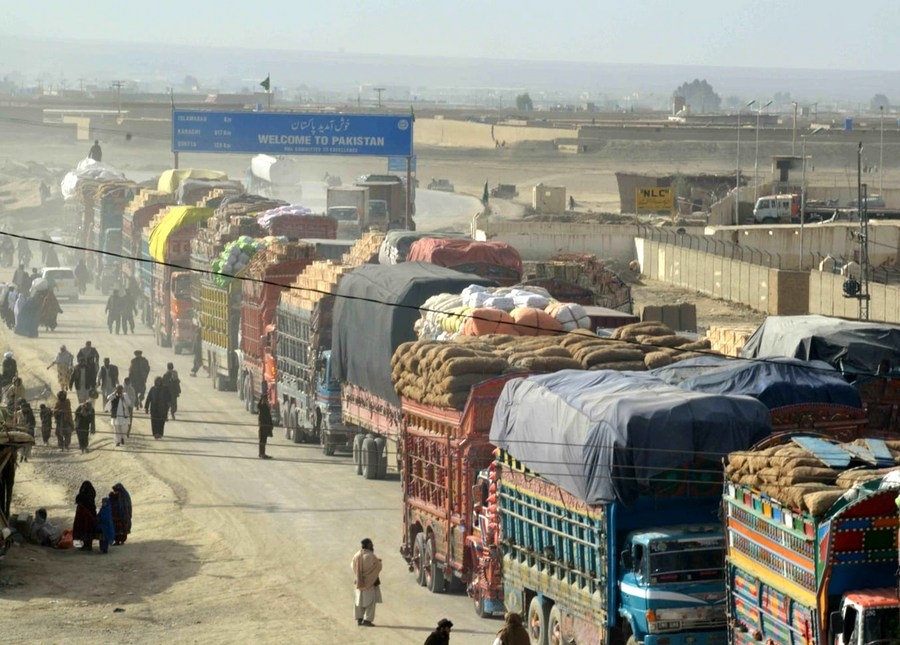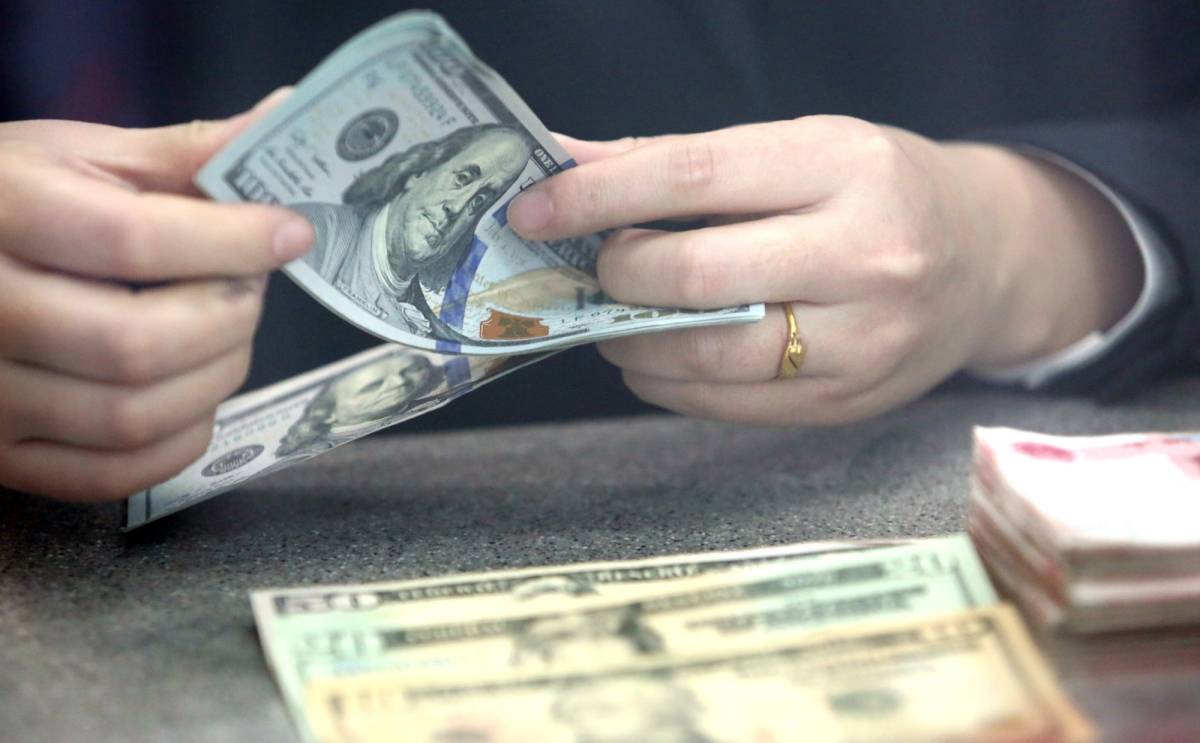Those involved in dollar smuggling have used the hawala system to monopolise currency in the region…reports Asian Lite News
Money exchangers on both sides of the Durand Line have bolstered the Afghanistan-Pakistan US dollar cartel by manipulating trade, both actual and forged, according to a report by US-based The Diplomat magazine.
The Diplomat said the black market is dominated by the flow of US dollars across the Afghanistan-Pakistan border, which unifies the economic crises of the two countries. Currency notes are often found hidden in vegetable trucks with perishable goods passing through the Green Channel. These trucks dodge customs scanners. U.S. currency is smuggled via food items ranging from orange crates to beetle nut sachets, claimed the report.
Those involved in dollar smuggling have used the hawala system to monopolise currency in the region, the report said, adding that through the hawala system, money is transferred without any physical movement of cash or documentation.
The system helps sustain a parallel economy without any government regulations, in turn maintaining ground for illegal monopolization by cartels.
In interviews with The Diplomat, money exchangers in both Afghanistan and Pakistan insisted that the dollar cartel isn’t a monolith, and sustains itself with cooperation between sections of the traders and currency markets. A consistent exchange rate is used for systematic hawala transactions, with anyone involved in the currency trading business along the Af-Pak border being a participant, active or passive, according to the report.
“We deserve the cut that we get in all this since the market forces determining the interbank exchange rate do not factor in the violent forces enforcing their own regulations,” an exchanger from Kabul’s Sarai Shahzadeh market, one of the hubs for the dollar cartel’s dealing, told The Diplomat.
Those working in these markets, which face regular crackdowns from the respective regimes, further revealed how sections of the authorities are facilitating the cartel.

“Of course, the Pakistani border forces too are involved in the illegal trade with Afghanistan,” former Finance minister of Pakistan, Salman Shah, told The Diplomat.
“Similarly, many times, the Afghanistan-Pakistan Transit Trade Agreement is misused by authorities, where goods never arrive in Afghanistan and are consumed in Pakistan without any duties and taxes. But these transactions allow Afghanistan to finance other goods. This is how the unofficially integrated [Af-Pak] economy is sustained,” he added.
Al Arabiya Post recently reported that the recent unearthing of unabated smuggling of US dollars to Afghanistan using orange crates has sent ripples among the policymakers in Islamabad. Policymakers in Pakistan are alarmed by the failure of the enforcement agencies to put an end to currency and goods smuggling, it added.
Pakistan’s Finance Minister Ishaq Dar, while chairing an emergency inter-ministerial meeting to review the smuggling, asked relevant authorities to come up with a roadmap to stop the cross-border smuggling and protect Pakistan’s economic and financial stability, said a report. (ANI)

Leave a Reply